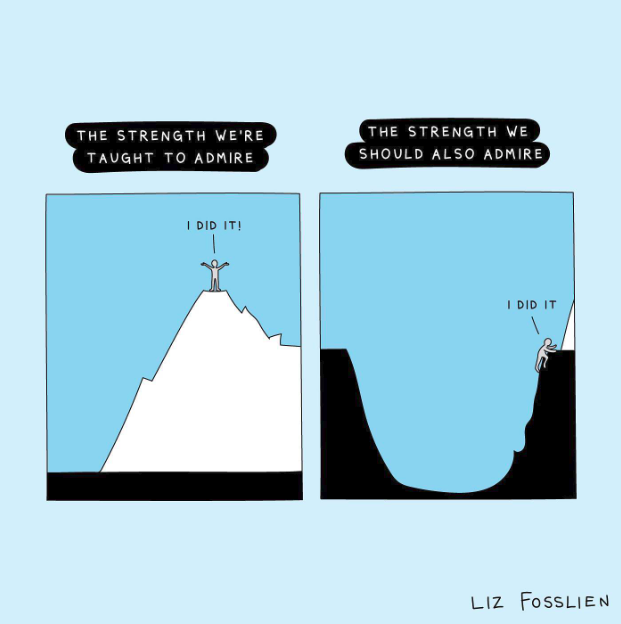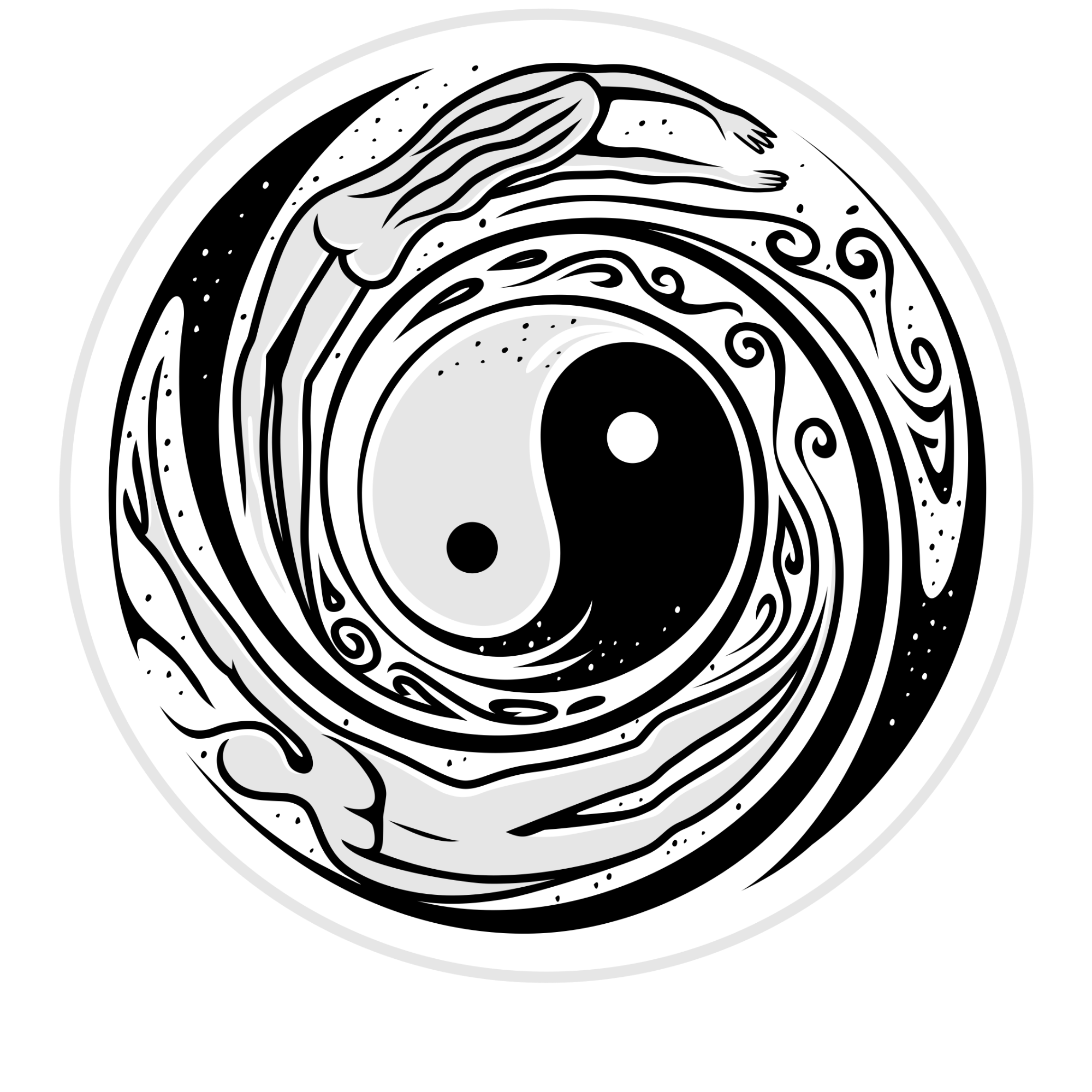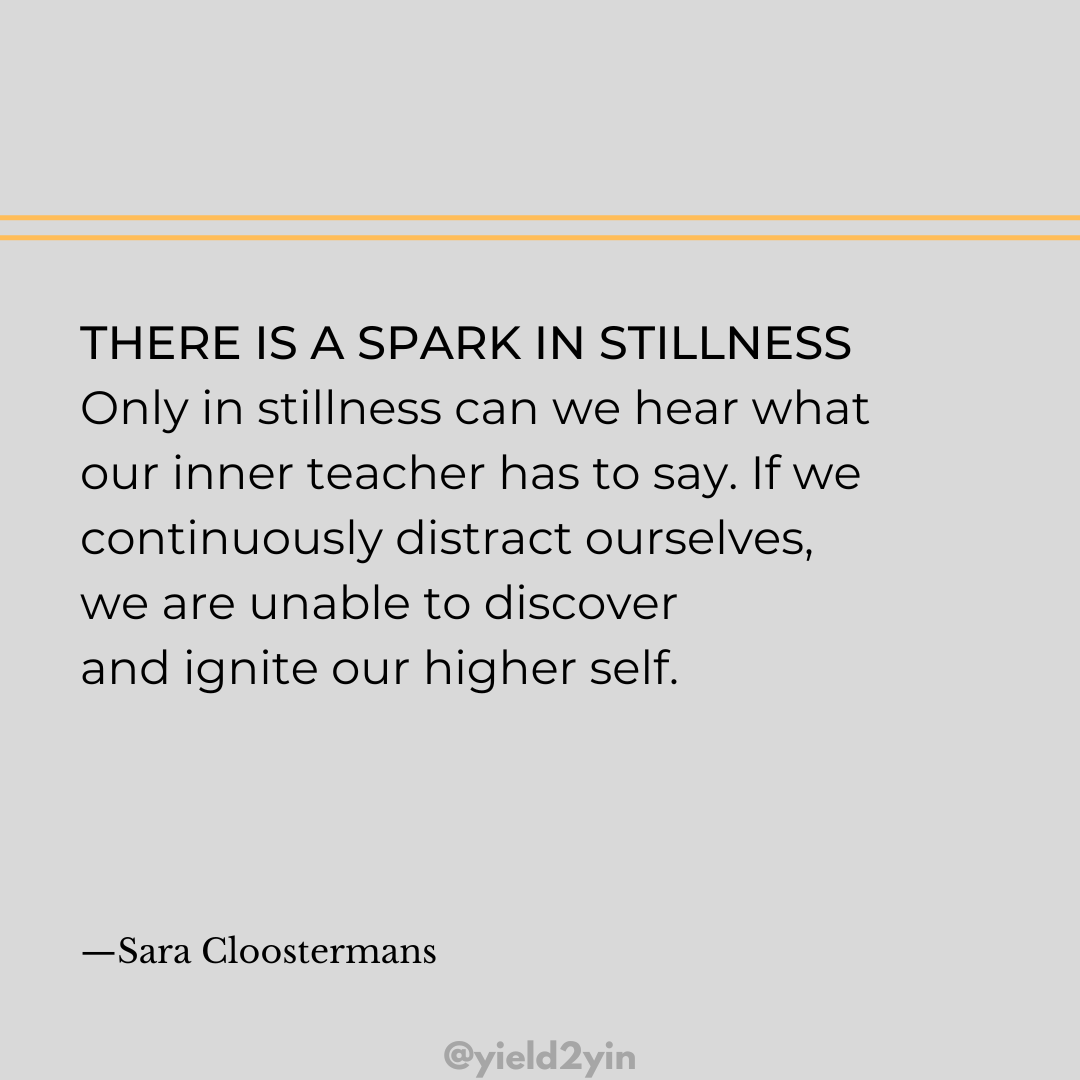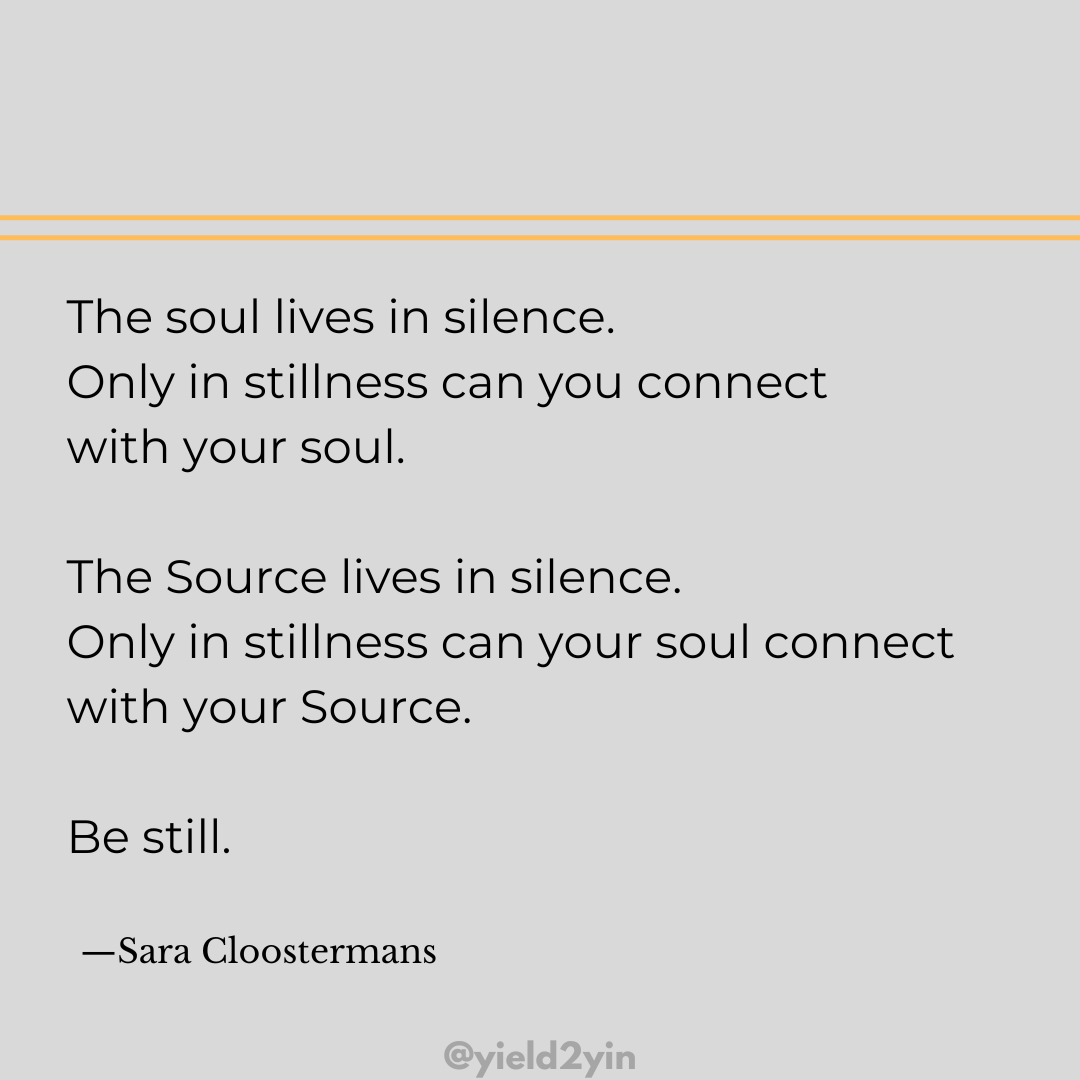We are a judgmental bunch when it comes to ranking the hard work of others. We look at a very specific set of metrics without considering any background information and start making pronouncements: he is such a hard worker, she is so productive, he is really lazy, she is a total couch potato.
When we see a “high-achieving” person who works ten hours a day to build a business, and still fits in time for exercise, meal prep, meditation, children, etc., we call them a hard worker. And that’s fair … they are working hard.
We look at somebody who’s been home all day on the couch and say “lazy.” But here’s the truth: they might be working just as hard, maybe even harder.
- “Person A” may be in great mental and physical health with a personality that thrives on staying busy. They may have resources to help them like a nanny or a cleaning service.
- “Person B” could be suffering from severe depression or a physical disability that makes walking back and forth to the bathroom the hardest task in the world. The act of taking a shower may have felt impossible—and they did it anyway.
The concept of hard work is relative. What is a person dealing with behind the scenes? What’s going on that we can’t see? What are their thoughts, their feelings? Do they have trauma triggers? Are they in physical pain?
No two humans and their sets of circumstances are ever alike, so comparing exertion and productivity is impossible.


The Relativity of Hard Work: Examples
After the birth of my son, I experienced a level of postpartum depression that made the simplest of daily activities (teeth brushing, bottle making, etc.) feel like gargantuan tasks that were just about impossible. I have done many big, difficult things since then and have worked hard at them. But I have never worked as hard as when I got through those days with both of us fed and clothed.
If you haven’t experienced life in this way, think about it in terms of things you have experienced.
Surely you’ve been very sick before. Remember the last time you had a bad flu. No appetite. Needing to stay in bed, but not feeling comfortable or able to sleep. Exhausted—even putting food in your mouth felt like too much effort. Feeling as though it will feel like this forever. Now picture that being all day every day. That can be how a severely depressed person feels.
Or imagine you just ran a marathon. You have tears streaming down your face because you gave it your all. You’re exhausted from the effort. Would you feel ready to immediately start a 12-hour shift at work? To go to the gym? To make a meal from scratch?
You may not have experienced debilitating chronic mental health struggles or physical health struggles, but every single person has experienced moments of intense difficulty. Draw on those examples to grow compassion for those whose days are often or always like that.
Most People Work Hard
I’m not saying we shouldn’t congratulate people for their hard work at achieving obvious feats. But I do think we should be better at remembering two important things:
- Feeling great both physically and mentally is a thriving condition to be grateful for
- Performing tasks with poor mental and/or physical health should get significantly more credit than it does
Most people are hard workers. We are here on this earth to grow and thrive, and just about everybody is putting their all into that purpose. What their “all” is changes from person to person and from season to season.
The next time you see somebody who is “lazy,” ask yourself what might be going on behind the scenes. Have radical compassion. If the situation were reversed (which, let’s be honest—it could be at any time), you’d want them to do the same for you. We can even go an extra step—not just practicing the feeling of compassion but then also acting on it.

Yield2Yin
- Healing Card Deck: A Therapist’s Advice 55-Card Healing Deck by Sara Cloostermans
- Book Recommendation: Radical Compassion: Learning to Love Yourself and Your World with the Practice of RAIN by Tara Brach
- Mantra: I AM EMPATHY // with diaphragmatic breathing
- Yin Yoga Asana: Ankle Stretch Pose
This page includes Amazon Associate affiliate links, which means I may earn a small commission at no cost to you if you purchase a product I suggest. I only recommend products I believe in. Learn more HERE.







